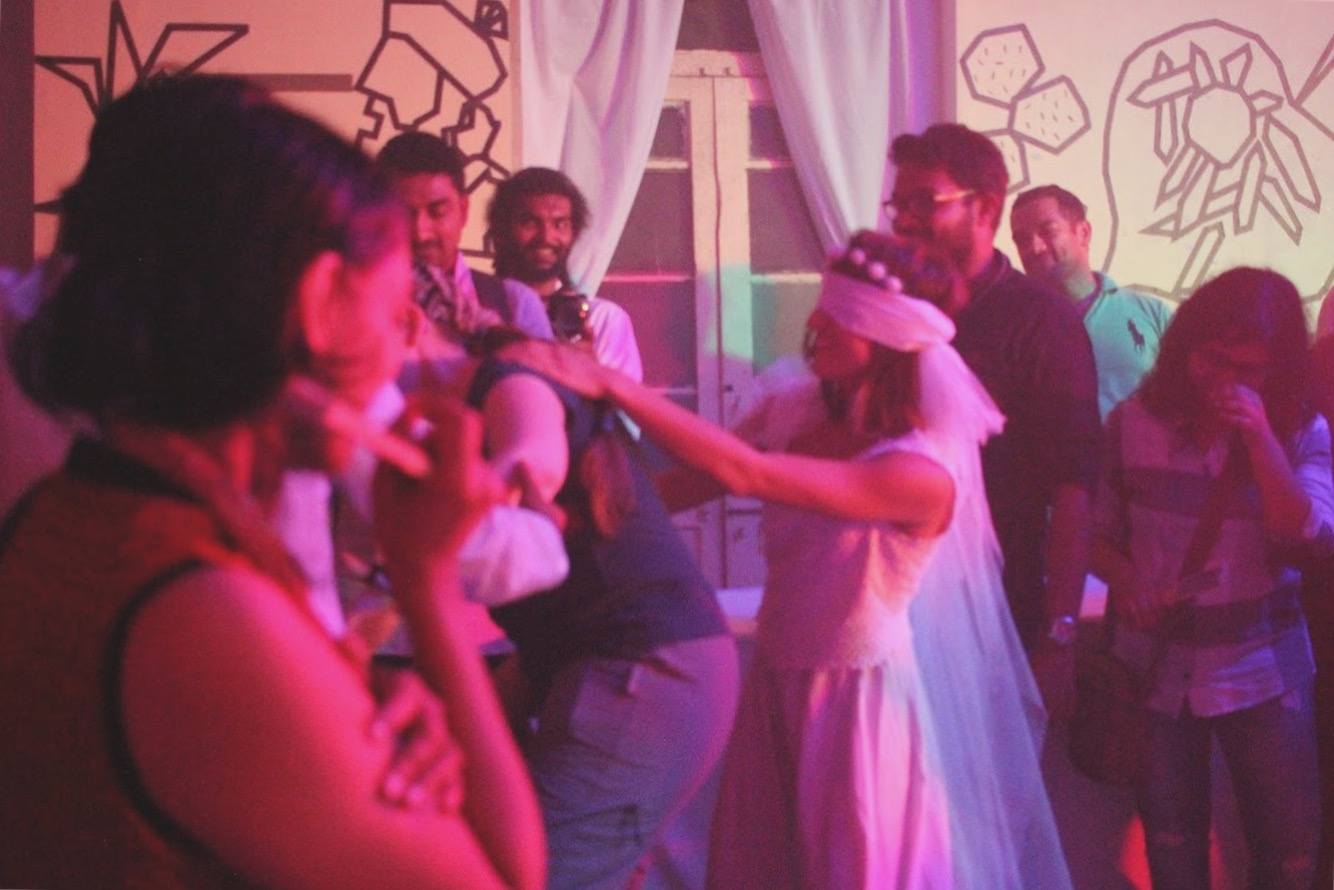I have been reading about it for long, I have been wanting to write this for longer. Limited knowledge of the subject or in fact failed experiments in it kept me from it. I want to understand what romantic companionship is. The more I think I know about it, the more I find myself failing at it. And recent times saw my end of patience with it. Call it researcher’s bias but I have been in more failed relationships, heard of more failings in relationships than ‘happily ever afters. It seems ill-fitting that such a big set be dealt a bad hand in the ‘whisking off of feet’ world of Pride and Prejudices and ‘let’s dance in the streets of Venice’ of Bollywood. So I read Alain de Botton
“We fall in love hoping we won’t find in another what we know is in ourselves, all the cowardice, weakness, laziness, dishonesty, compromise, & stupidity. We throw a cordon of love around the chosen one & decide that everything within it will somehow be free of our faults.”
I listened to the podcasts ‘psychology of love’ and watched videos on ‘School of life’
“the person who is best suited to us is not the person who shares our tastes, but someone who can negotiate differences in taste intelligently and wisely.”
I talk to my therapist. She tends to ask questions: Does he empathize? not listen, but empathize? She wants to know if his expectations from a companion are adult-like, not like the ones we have from our parents who are giving to the point of sacrifice. Is he able to have a dialog about things without blaming either you or himself? Does he want to mend things?
With these high-end references, I pieced, little by little, an idea of healthy companionship. I have pieced till now that companionship is like driving. Tough. And even when you are a good driver, nothing saves you from getting into an accident. Sometimes it is not your fault. Often times it is not theirs either. You bump, you fall, you bruise and hurt. Most times you don’t die. You pick yourself up, dust yourself off, cuss at the guy and be out of there. Come out wiser and more tender for it. To know that
“Love doesn’t just sit there, like a stone; it has to be made, like bread, remade all the time, made anew.”
